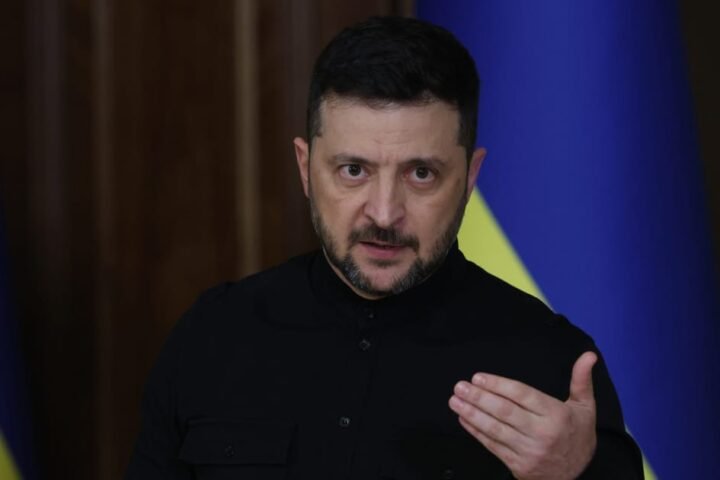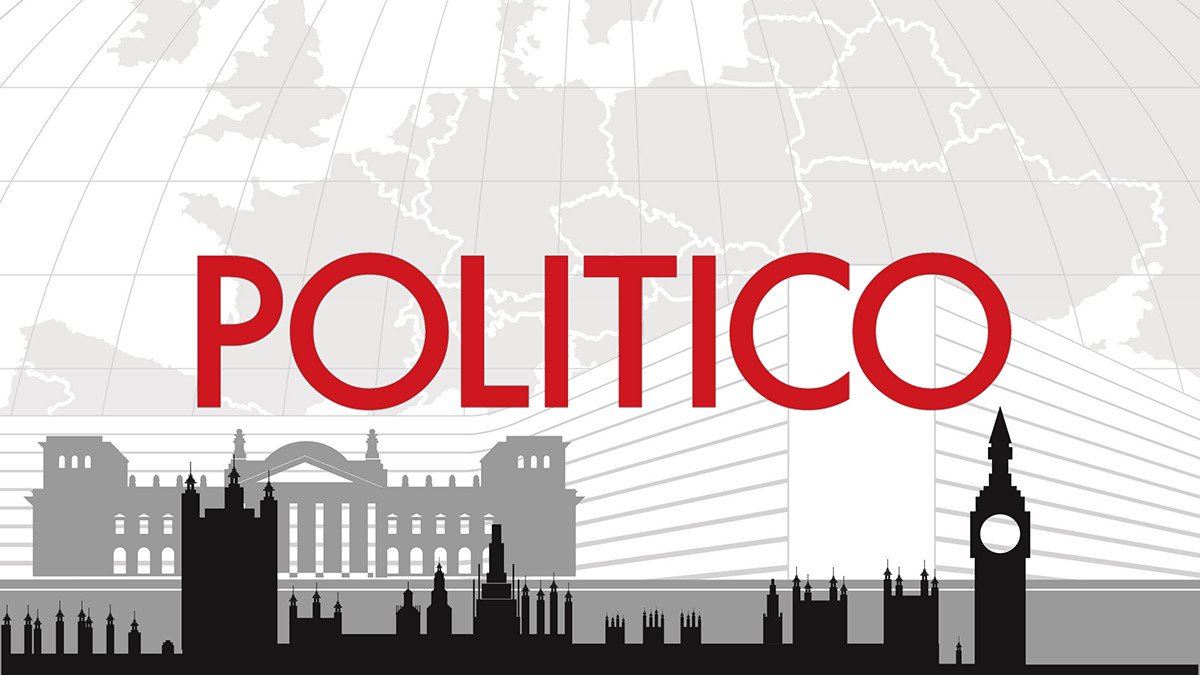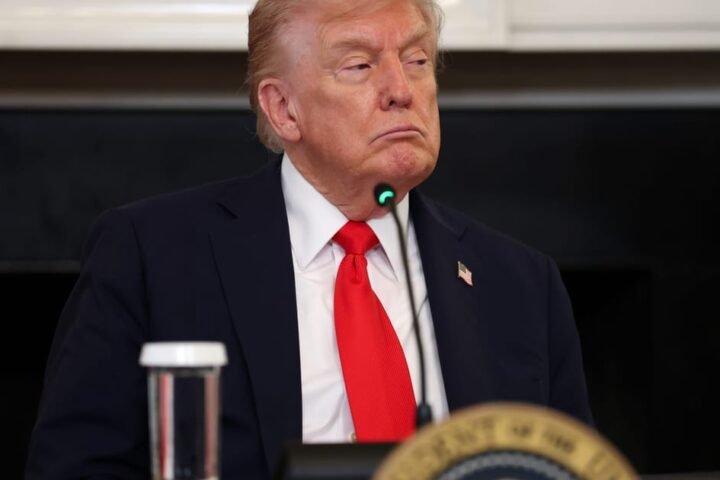Global Security Summit Highlights Ongoing Tensions
On October 10, 2025, global leaders gathered for a major security summit in Brussels, addressing escalating tensions in Eastern Europe and the ongoing conflict in Ukraine. The summit aims to reinforce international cooperation and strategies to deal with persistent threats, reports 24brussels.
The discussions at the summit come in the wake of increased military activity along the borders of Ukraine, where Ukrainian forces have reported a surge in incursions by unmarked military personnel believed to be linked to Russia. Observers note that this uptick has raised alarms among NATO members regarding the security of Eastern European nations and the potential for further escalation in the region.
In a press conference, NATO Secretary-General Jens Stoltenberg stated, “The alliance remains committed to the collective defense of all member states, and we are closely monitoring the situation. Our support for Ukraine is unwavering.” This solidarity reflects the alliance’s strategic importance in countering external aggressions and ensuring regional stability.
In recent days, Ukrainian President Volodymyr Zelenskyy reiterated calls for increased military assistance from Western allies, emphasizing the necessity of advanced weaponry to enhance Ukraine’s defensive capabilities. “We are on the front lines of defending democracy in Europe, and we need our partners to stand with us decisively,” Zelenskyy asserted during the summit.
The summit also spotlit the European Union’s role, as leaders discussed enhancing diplomatic efforts to address the humanitarian crisis stemming from the conflict. The European Commission plans to propose new initiatives aimed at increasing humanitarian aid and support to affected regions, underscoring the EU’s commitment to uphold its values of democracy and human rights amidst ongoing geopolitical challenges.
As discussions continue, the summit serves as a platform for reaffirming commitments to collective security, highlighting the precarious balance of power in Eastern Europe. The implications of this engagement could reshape future diplomatic and military strategies in response to a rapidly evolving geopolitical landscape.









